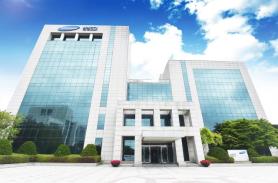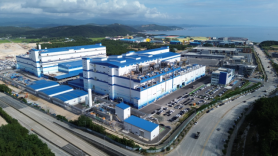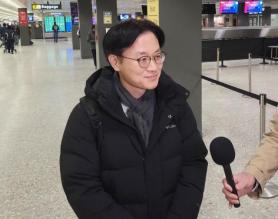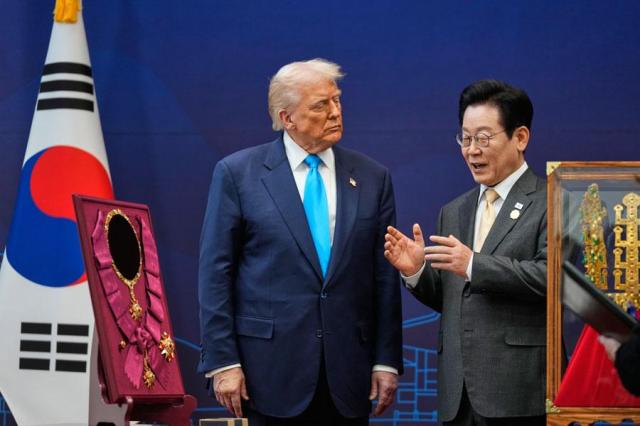
Under the deal, South Korea's $350 billion package will consist of $200 billion in direct cash investment and $150 billion in shipbuilding cooperation aligned with the MASGA (Make American Shipbuilding Great Again) initiative. The agreement upholds a 15 percent tariff rate — including duties on auto parts first negotiated in July — and adds provisions requiring all U.S.-bound investments to meet "commercial rationality" standards to limit market risks.
After the signing, U.S. President Donald Trump framed the agreement as a major win for Washington, writing on his social media platform Thursday that "South Korea has agreed to pay the USA 350 billion dollars for a lowering of the tariffs."
He added that Korean purchases of American oil and gas, alongside new investments by Korean companies, would "exceed 600 billion dollars," and said he had approved Seoul's plan to build a nuclear-powered submarine at the Philadelphia Shipyards.
Kim Yong-beom, senior presidential policy secretary, said Seoul's $200 billion cash component will be capped at $20 billion annually to prevent currency-market shocks. A joint investment committee will vet all projects to ensure they are commercially sound.
"Although the overall structure is similar to Japan's $550 billion package with the U.S., the key difference is that we set an annual investment ceiling of $20 billion," Kim said. "By investing within that limit and based on project progress, the impact on Korea's foreign-exchange market will remain manageable."
He added that the two sides agreed to split profits equally until principal and interest are fully recovered, with mechanisms to adjust the ratio if the balance is not repaid within 20 years to secure a fair return.
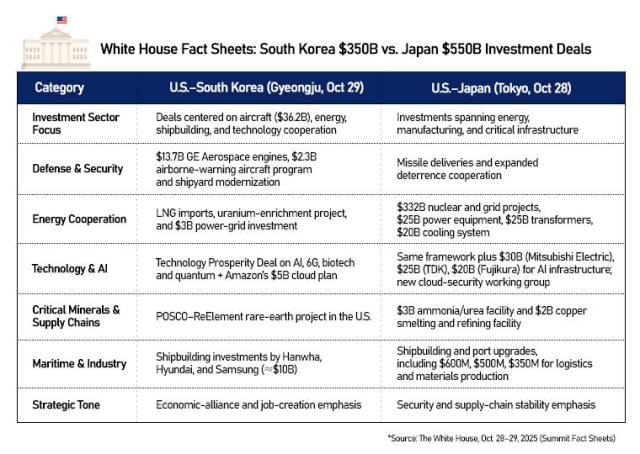
By contrast, Seoul's framework blends government coordination with strong private-sector participation, built around phased annual investments and safeguards designed to contain foreign-exchange and project-execution risks.
With differing strategies, the three countries are expected to deepen trilateral cooperation on emerging technologies and security, including AI and supply-chain resilience.
Copyright ⓒ Aju Press All rights reserved.


